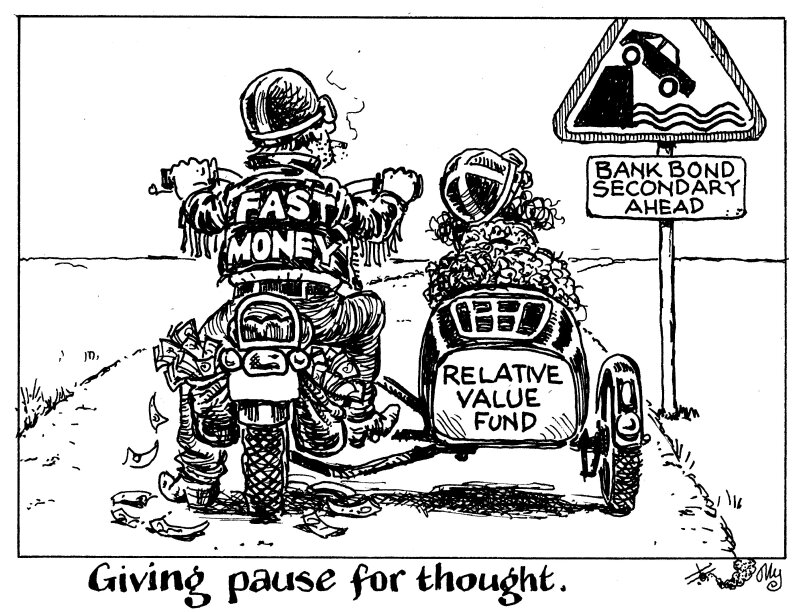
A big order book and minimal new issue concession point to a successful syndication. It means the bond offering was heavily subscribed by investors, while the issuer was able to tighten the spread all the way down to close to fair value.
But those metrics only tell half the story. For selective investors — not the big index funds that will plough their cash into all and everything — how the deal performs in secondary markets is a key indicator of success.
In the bank bond market, several new issues printed over the past month may have been eagerly sought and landed with negligible premiums, yet their secondary performance has not always been spectacular.
Take the rush to print subordinated bank bonds in mid-November after the US presidential election: it was open season on additional tier one notes as investors funnelled money into dollar deals.
Société Générale issued a $1bn perpetual non-call five year 144A/Reg S AT1 trade at 8.125%. Fair value was said to be low 8% area while the last book update before the final spread tightening showed $9.5bn of pre-reconciliation demand.
Same day, NatWest launched a $750m perpetual non-call 10 year SEC-registered AT1 at 7.3%. Printing through 300bp on a reset basis was an impressive feat, gushed one market source.
Yet investors that chose to pass on those offerings have been quick to highlight secondary price action as vindication of their decision to steer clear. SG's bond has been trading below reoffer, while NatWest's deal also struggled to perform when first brought to the market.
What could this mean for bank bond issuance, particularly at the lower end of the capital stack, in next year's supply rush?
Index funds, awash with cash, will no doubt remain willing participants but could turn more disciplined.
Other investors — fast money and relative value funds that fuelled the new issue buying frenzy in the first quarter of 2024 — are set to remain even more cautious, especially at a time when spreads are already circling near historically low levels.
Issuers would be well advised not to push buyers too far at a time when they will have plenty of new issues to choose from.
